When hunting for an apartment, many renters fall into the same ugly trap: They get swept away with visions of painting the walls deep purple and having cocktail parties every night, while completely ignoring the particulars like landlord rules and fees that come back to seriously bite.
So before you sign your lease, WAIT. Take time to ask yourself and your roommates a series of very important questions, because they will make or break your apartment renting experience... and potentially your bank account.
1. Do I need a rental agent to help me find an apartment? If so, how much will it cost?
This depends largely on where you live, so research your particular market before starting an apartment search. In Los Angeles, for example, various fee-charging services will send you lists of available apartments keyed to the neighborhood you want and the size of unit you hope to get. In New York, you'll likely have to work with an agent in order to view and sign the apartments you find listed online. Find out if agents will charge you a fee, which can often be a month's rent or more.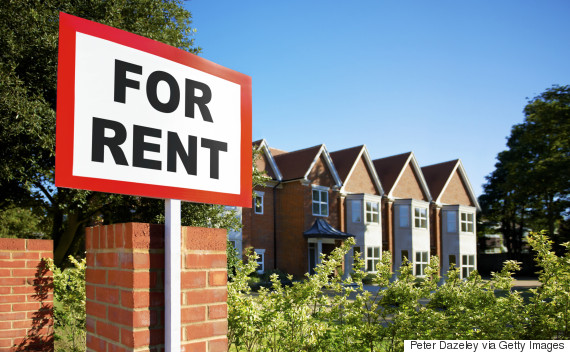
2. Will I need to find a co-signer?
Most landlords require tenants to pass a credit check and meet a pre-set income standard. In cities like New York, Chicago and Boston, this often means a landlord will require you to have an annual income of 40 times the monthly rent. If you and your roommates don't meet these standards, then you'll need a co-signer (aka guarantor) to sign the lease and agree to take the hit if you don't make rent. Before your search begins, find a parent or family friend who's willing to act as a co-signer. And note that landlords often charge a fee to run a credit and/or background check on this person, so ask how much that will cost.
3. Am I allowed to decorate the apartment without penalty?
Most leases stipulate that when you move out, the apartment must be restored to the same condition you got it in. And some landlords actually have a clause in the lease that says you need their written permission before painting or decorating. Putting up wallpaper, driving nails into the walls, hanging artwork... all of that might need to be pre-approved and/or reversed when you move out, or you risk losing your security deposit. 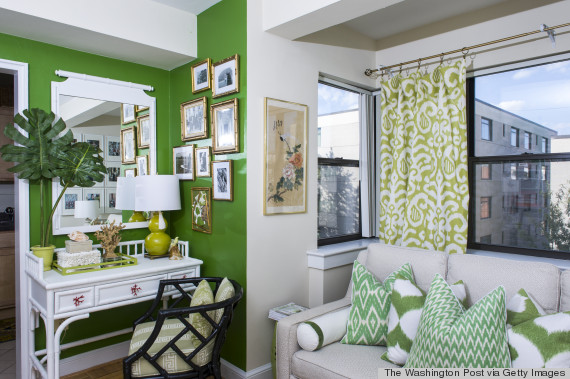
4. What are the policies about guests and listing on Airbnb?
Some places limit the number of guests you can have per month -- and if your landlord lives on-site, then he or she WILL find out if you're sneaking people in. It's also very risky to list your room on Airbnb if the law prevents it in your state, so do some research beforehand to find out.
5. Are pets allowed? If so, is there a fee?
Some landlords outright forbid cats and dogs, and others are more case-by-case: They'll allow small dogs but not your massive labrador. Check your landlord's policies, and check the lease for fine print about animals. If your landlord does allow pets, you can probably expect to pay a pet security deposit, which you'll need to factor into your up-front apartment costs. Also inquire about visiting pets: When your friend comes with her golden retriever, is he allowed inside? 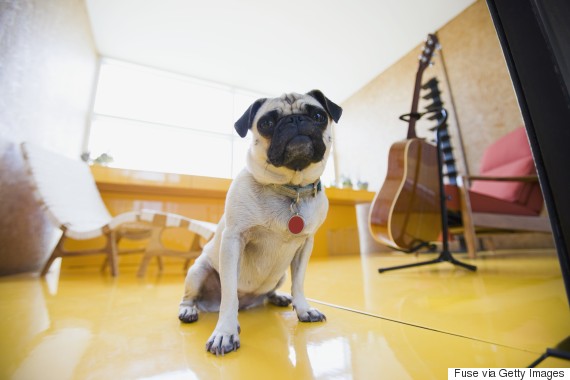
6. Are there building quiet hours or fees for using communal spaces?
There are likely rules in your lease regarding quiet hours, limits on loud music, etc. It's worth asking other residents how strictly these are enforced, so you know what you're dealing with. Also find out if there are any charges associated with using common areas like gyms, pools or laundry rooms.
7. Which roommates will be held responsible if we don't make rent?
In an apartment, you can be listed as a tenant (aka you signed the lease agreement) or an occupant (aka you live there, but you didn't sign the lease and are not contractually bound). If the rent doesn't get paid one month, repercussions will come down on the tenants -- so make sure your other roommates sign the lease agreement with you to avoid taking all the heat when something goes wrong.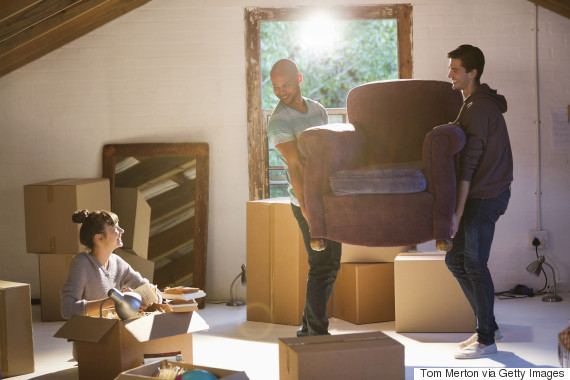
8. How does parking work?
In buildings with parking, you'll likely get one spot assigned to your rental unit, so investigate how that works and how much it'll cost. In some buildings, you'll encounter those annoying parking spot hogs who store an extra car in a spot reserved for guests. Ask how reporting works: Will security guards deal with it, or is up to other tenants to report the violator?
9. Are utilities included? If so, which ones?
Some utilities may be covered in the rent, and others may not. Ask if cable, gas and electric and trash removal are covered. Is there Wi-Fi in the building, and how much will it cost? Some of these questions require calls directly to the utility providers, but they're worth making.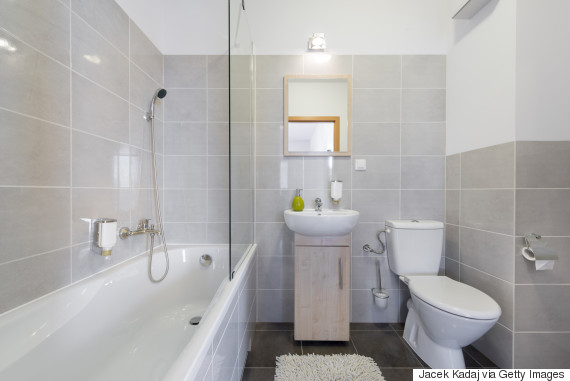
10. What happens when there's a maintenance problem in the apartment?
Some buildings have on-site building managers or landlords who live there, and others hire a service that you can call... but only during business hours. Ask how the building owner wants you to report an emergency and how quickly they'll be able to respond: Having to call a plumber on your own because your landlord won't pick up could leave you stuck with a nasty bill.
11. What would it take to break the lease?
What happens if you need to move when you're only six months into your year-long lease? Before signing, find out the penalties for breaking the lease under extenuating circumstances. And remember that verbal agreements aren't the same as written ones, so ask for any agreements to be put in writing. Breaking a lease is serious business that could adversely impact you: Not only will you likely forfeit your security deposit and any monies the landlord holds in your name, but you will burn a bridge for future rental references. Also, if your parents co-signed your lease agreement, they could be held liable for the balance of the lease.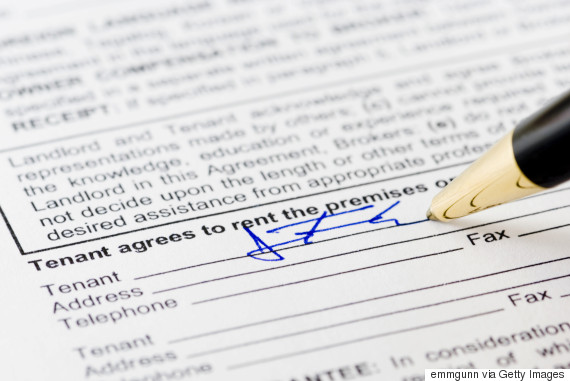
12. How much will I pay in up-front costs when I sign the lease?
Most landlords will want at least a month's rent paid up-front for a security deposit against damages, plus the first and last month's rent. That's three months' rent -- or more -- that you'll have to pay when you sign the lease. There also may be a charge for running a credit check and an application fee, which can cost anywhere from $30 to more than $100 for each person on the lease. Before paying this fee, ask if it's refundable if you don't get approved. Also, if you DO get approved and sign a lease, find out whether the fee can be applied toward your security deposit. In competitive markets, some landlords may also charge a fee for taking the unit off the market while your application is being processed.
These questions may be tough, but they're a necessary path to the apartment of your dreams. Happy hunting!
NOTE: This post's language has been updated to clarify that landlords in some, but not all, cities may require roommates to meet income standards of around 40 times the annual rent.
Related
Before You Go



